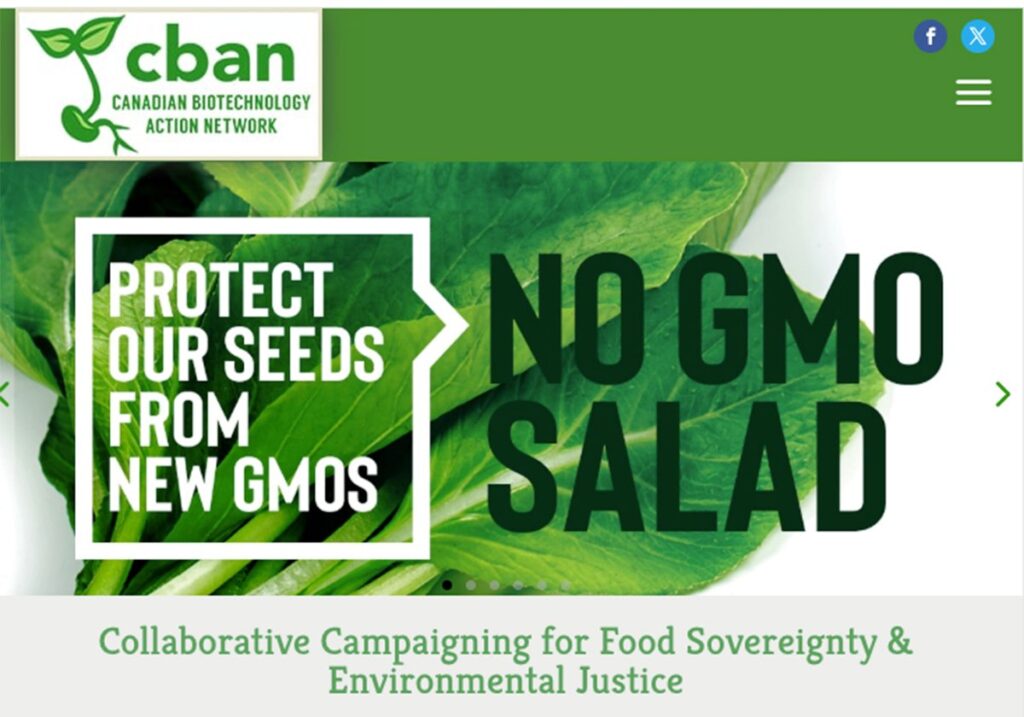‘Everything is Bad’ industry causes productivity problem

WINNIPEG — For much of the last decade, economists and business experts have been warning about Canada’s productivity crisis.
It’s difficult to get the public to care about productivity, mostly because it’s boring compared to the NHL playoffs or a video of a Jack Russell terrier wearing a cowboy hat and riding a horse.
But productivity does matter.
Read Also


Alleged dumping of U.S. renewable diesel didn’t hurt Canadian industry, tribunal says
The Canadian International Trade Tribunal ruled that evidence doesn’t suggest apparent dumping and subsidization of U.S. renewable diesel hurt domestic industry.
“Productivity is a core driver of GDP growth and living standards,” says Public Policy Forum, which advocates for a better Canada.
“The level of Canada’s productivity, which is typically measured as GDP per hour worked, ranks 18 out of all OECD (Organzation of Economic Co-operation and Development) countries.”
There are many theories for why Canada struggles with productivity. A popular one is that Canada has a weak ecosystem for innovation. We have good scientists but lack the entrepreneurs and the venture capital to get new technologies to market.
Here’s another theory, which is rarely mentioned by economists or business leaders.
Canada has a world-class group of people who work in the “Everything is Bad” industry.
Their mission statement? To hinder the introduction of new technologies and halt investment in all major projects.
The David Suzuki Foundation is a classic example of the “Everything is Bad” industry.
Leaders of the foundation, which has offices in Vancouver, Toronto and Montreal, oppose the use of pesticides, harvesting timber, pipelines, sales of half-ton trucks, liquid natural gas projects and the construction of new highways.
If there was only one David Suzuki Foundation, it wouldn’t be a problem for Canada’s economic growth. But the country is riddled with dozens of similar groups.
These organizations have incredible sway in Ottawa. They routinely get direct meetings with politicians and speak before parliamentary committees inside the House of Commons and the Senate.
In the ag industry, one of the most effective campaigners is the Canadian Biotechnology Action Network (CBAN).
In 1999, a coalition of environmental and social justice groups formed CBAN to fight the use of genetic modificationin food production. The group has prevented many innovations from reaching the agricultural market.
“Shutting down the GM pig called ‘Enviropig’ in 2012 is the fifth major success for Canadians in the global struggle against genetic engineering,” says the CBAN website.
“We have also stopped … Monsanto’s GM insect resistant New Leaf potatoes (2005). In 2004, we stopped Monsanto’s GM herbicide-tolerant Roundup Ready wheat.”
Most importantly, CBAN lobbied bureaucrats to create burdensome regulations on biotechnology. Those rules have put a chill on ag innovation and investment in Canada.
Many entrepreneurs and ag tech companies based in Canada now launch their products in the United States because the domestic market is a regulatory nightmare.
In 2021, Vive Crop Protection, a Toronto firm, was named Company of the Year by Life Sciences Ontario. It started selling its fungicides, insecticides and other products in the U.S. in 2017. Six years later, it introduced its first product in Canada.
“The biggest reason we chose to go into the U.S … was that the regulatory system was set up in such a way that a new technology was easier to define the regulatory path,” Darren Anderson, chief executive of Vive, said in 2023.
Bringing this back to productivity, American farmers had early access to technology that improved crop yields and the efficiency of their business. Canadian farmers did not.
Many innovators and biotech firms have given up, but a few persevered.
One shining example is Okanagan Specialty Fruits (OSF), the Canadian company behind the Arctic Apple. In 1996, Neal and Louisa Carter founded OSF with the goal of reducing food waste and increasing the consumption of apples by developing a non-browning apple.
Neal worked to create an apple that would stay fresh longer by using gene silencing technology to shut down the enzyme that caused browning.
While the Carters were working on that, CBAN worked non-stop to prevent Arctic Apples from reaching the market.
“We think the GM apple is simply unnecessary,” Lucy Sharratt, CBAN co-ordinator, told the Western Producer in 2012.
“You have a marginally commercially interesting product thata could be a burden for a great many growers.”
The “un-necessary” sliced apple that reduces food waste and is a healthy and convenient snack, is becoming more and more popular with U.S. consumers. OSF has now sold more than 100 million servings of its Arctic Apple.
Which leads to an interesting question for CBAN and its supporters.
If you oppose eight-year-old kids eating sliced apples at school, what exactly do you support?
There’s no debate that environmental groups and social justice organizations should have a say in Canada’s economic future.
But the loudness of their voice over the last two decades could partially explain why Canada’s standard of living is now closer to Slovenia than it is to the U.S.
Contact robert.arnason@producer.com
Source: producer.com


